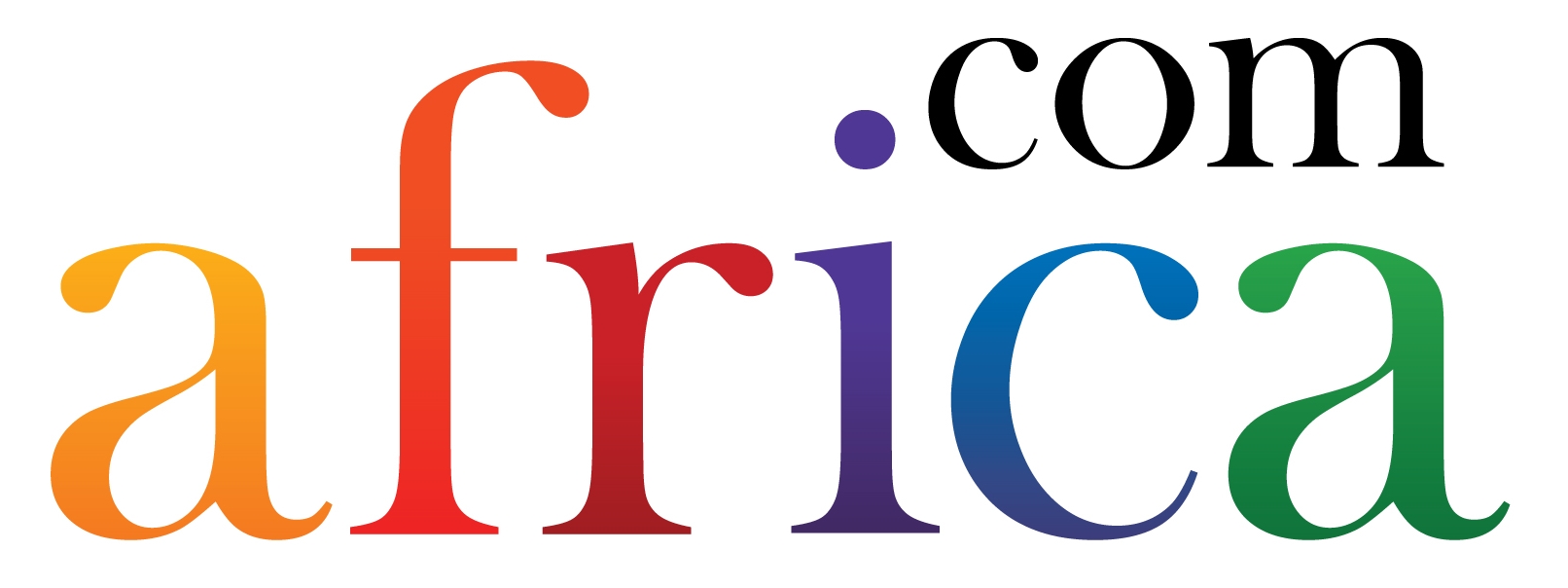Spike In Inflation Driven By Fuel And Power Price Hikes Will Hit Consumers Hard
A spike in inflation, driven by a massive fuel price hike of 40% in 2021, means that consumers will likely face yet another interest rate increase as soon as this week, and possibly in following months thereafter.
This is on the back of the news that inflation has exceeded economists’ forecasts to log its biggest annual increase in five years, coming in at 5.9% in December 2021 – putting the Reserve Bank under more pressure to hike rates as CPI rises at the fastest pace in five years. The upshot of this is that there is very little in the way of relief for consumers on the horizon. On the contrary, this is likely to put further upward pressure on wages caused by the fuel price hike, a prolonged spike in agricultural and food prices, and unexpected large increases in the cost of water and education – not to mention the radical 20% electricity increase by Eskom – ultimately affecting the livelihoods of millions of South Africans.
“Eskom has called for a further 20,5% electricity tariff hike. This follows the direct increase of 15,06% in March of last year not to mention that over six months ago, municipalities increased their rates by 17,8%. It is unsustainable to place this much financial strain on the consumer. Electricity, like fuel, affects so much of what we consume or make use of – goods and services go up and the entire financial ecosystem suffers,” says Neil Roets, Debt Rescue CEO.
Economist Dawie Roodt concurs saying that this will put upward pressure on inflation and a lid on economic growth. “I don’t think the economy will grow much faster than 2% in 2022 for a number of reasons: our lack of electricity and inflation in South Africa will remain on the higher side which means the Reserve Bank will have to increase interest rates. Unemployment and poverty in the current environment is inevitable.
“We have a few additional problems too; one is the volatility of the rand, and the other reason has to do with the fact that oil prices are going up and – most importantly – we have Eskom which is asking for ridiculous increases in electricity prices.”
According to the TransUnion Consumer Pulse Study for the third quarter of 2021, over 41% of South African consumers are currently experiencing extreme financial pressure, struggling to make ends meet and living on credit to afford their debt and living expenses.
‘’This is an extraordinary set of increases that will have a knock-on effect on South Africa’s fragile economic recovery. Consumers will bear the brunt of this at the till-point, and in virtually every other sphere of their lives.
“The reality is that most South Africans spend 75% of their disposable income on debt and tend to take care of living costs such as groceries with their store or credit cards, which just adds to the debt spiral. This latest increase and the resultant pressure on household costs could well push people over the edge,” cautions Roets.
He added that despite the intense financial pressure, it is vital that South Africans find ways to reduce their monthly spend, and with the fuel price at an all-time high, this is a good place to start. Making sure your vehicle is in tip-top condition is the first step towards minimizing fuel consumption, as a well-maintained vehicle uses less fuel. Car-pooling whenever possible is another smart way to cut down on monthly fuel expenses, as is avoiding unnecessary car trips. If you only need to travel a few blocks, consider walking or even riding a bicycle. Not only will you save money at the pump, the exercise will contribute to your mental and physical health.
If you can, opt for working from home at least a few times a week – or switch to this mode of work permanently to drastically cut monthly fuel expenses. “More and more employers are encouraging their staff to work from home at least a few days a week, and less time in lengthy commutes is good for you and for the planet,” says Roets.
He added that the impact of debt on mental health should not be underestimated. “Many consumers lost their jobs or were forced to take pay cuts during the pandemic, yet their living costs have continued to climb. The unfortunate effect of this latest increase is that we’re likely to see even bigger numbers of consumers default on debt and become completely overwhelmed,” he warns.
“Using debt to service living costs is a recipe for disaster – it’s like digging a hole that you can never climb out of,” says Roets. He advises those who are in a debt trap to consider all their options, including consulting with a registered debt reviewer who can help. “This has been a very successful solution for thousands of consumers who are plagued by over-indebtedness,” he says.
The debt review process is legal remedy that forms part of the National Credit Act, to assist over-indebted consumers. The process allows consumers that are struggling financially, to reduce their monthly debt repayments and extend their repayment term, whilst obtaining protection from new legal action, with the help of a professional in the form of a debt counsellor.





